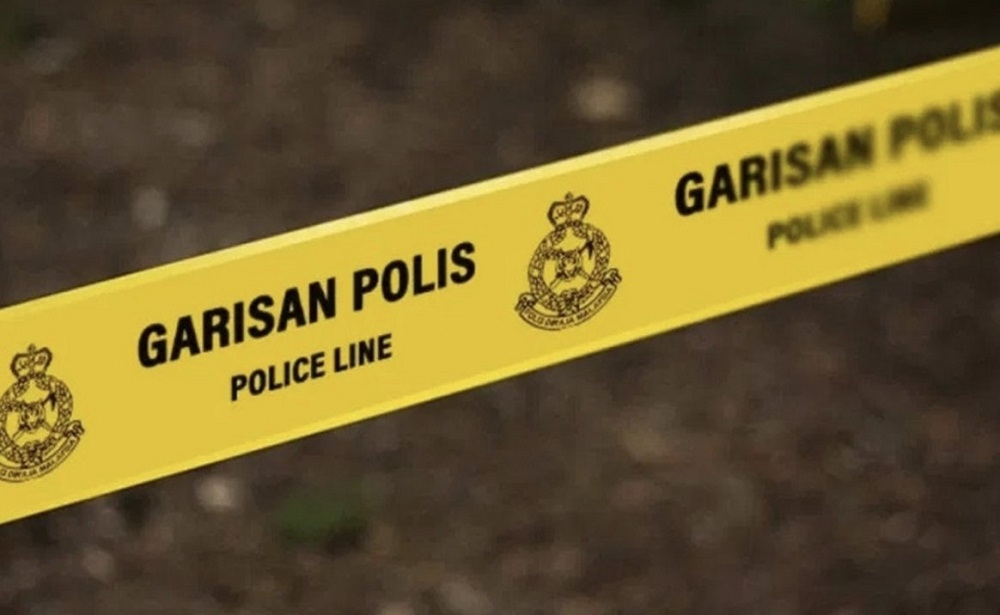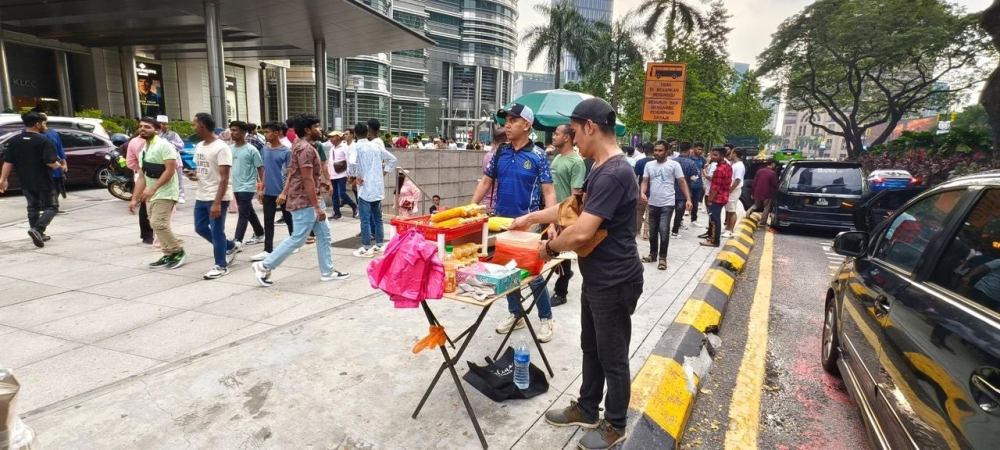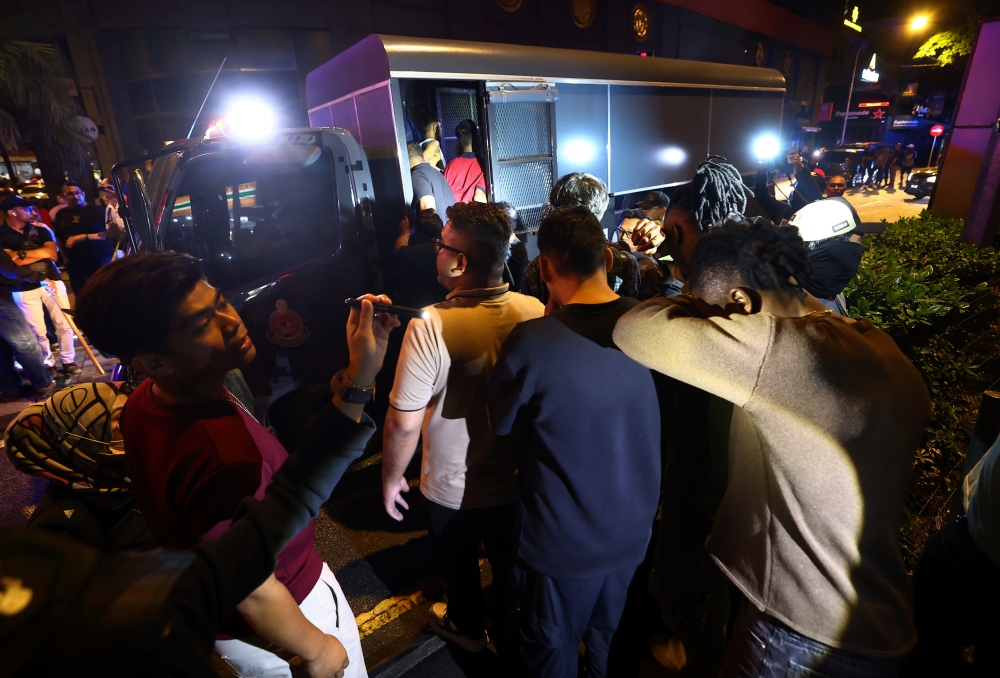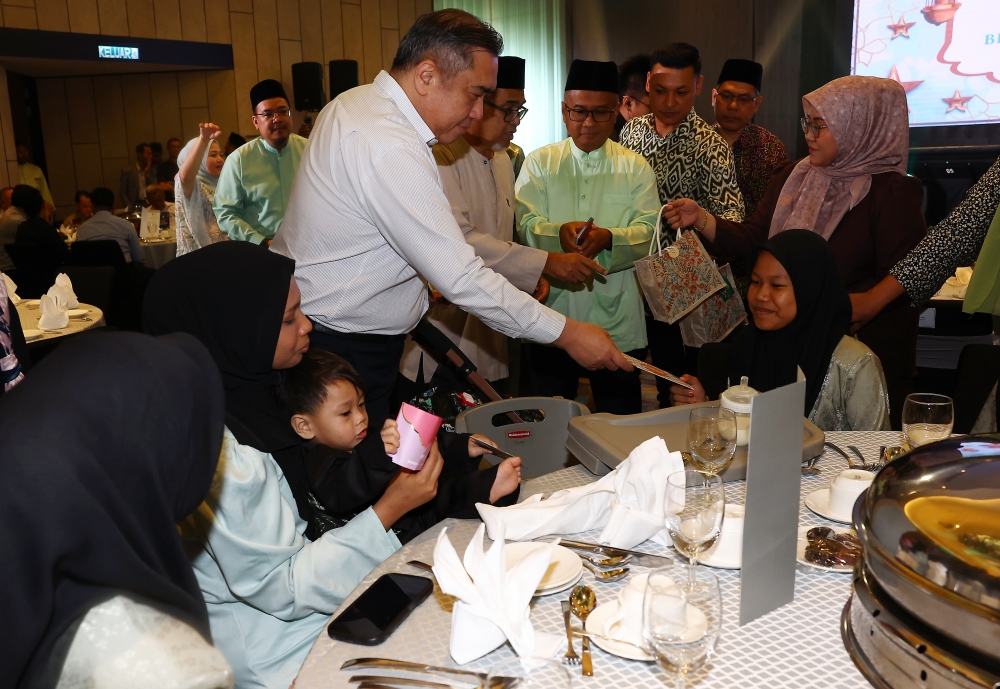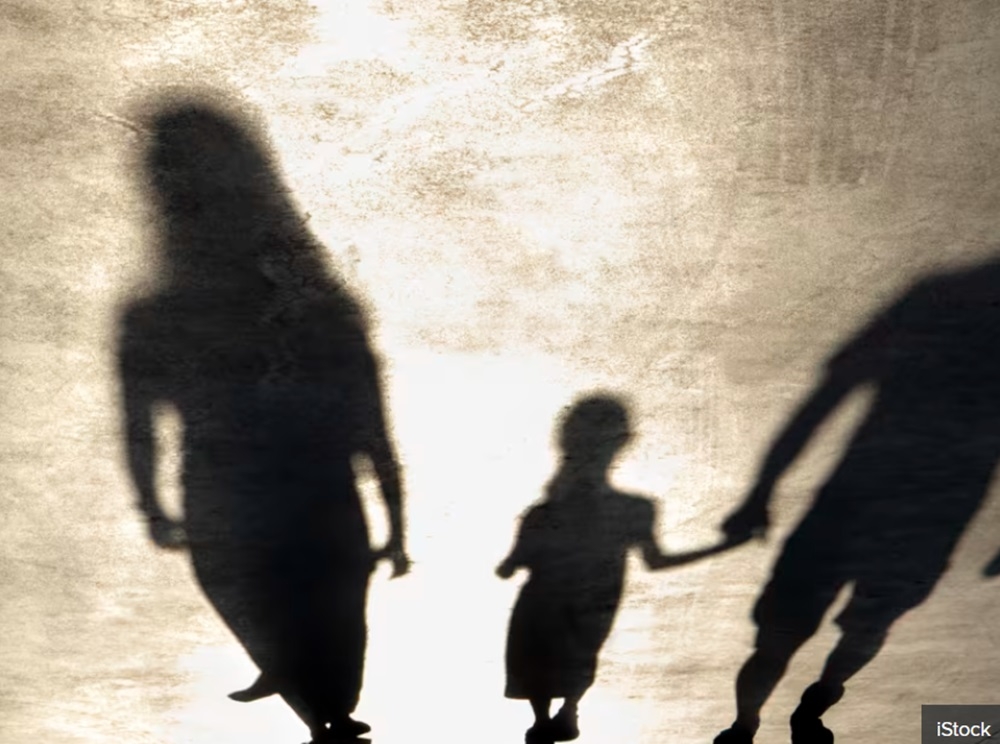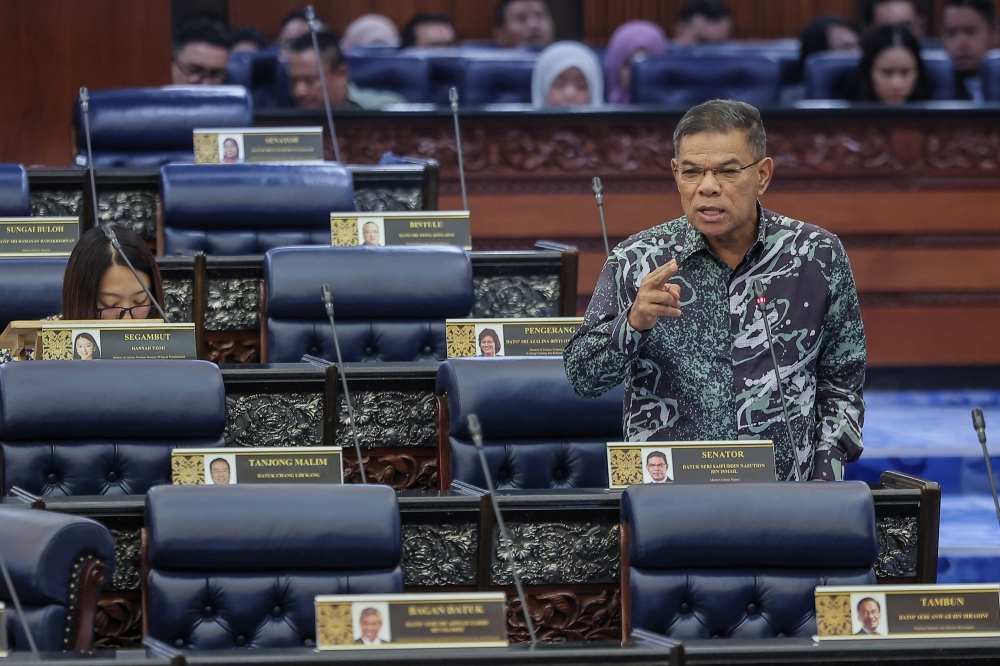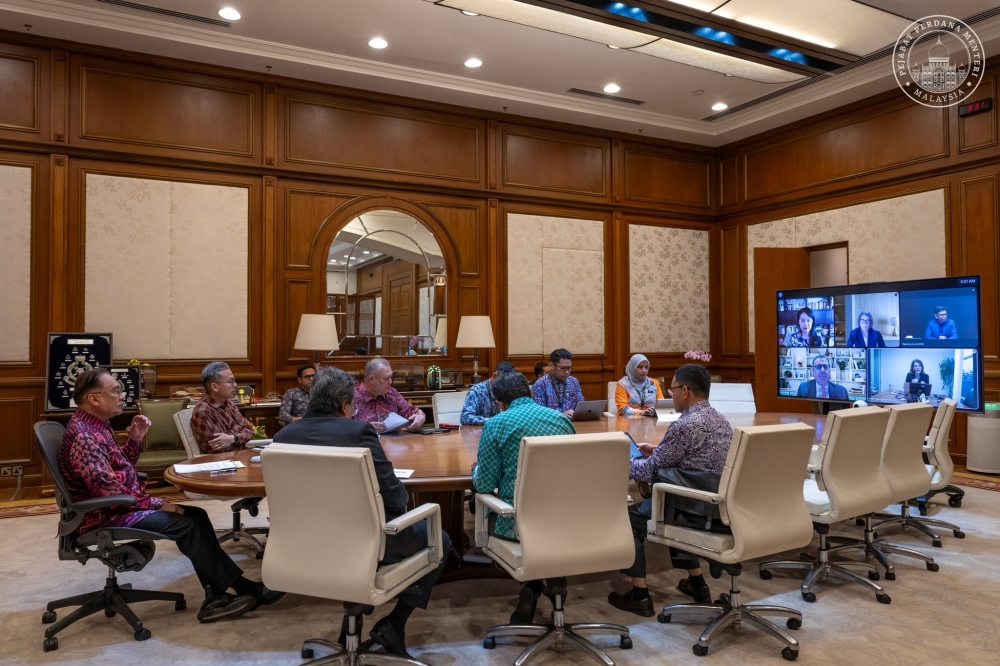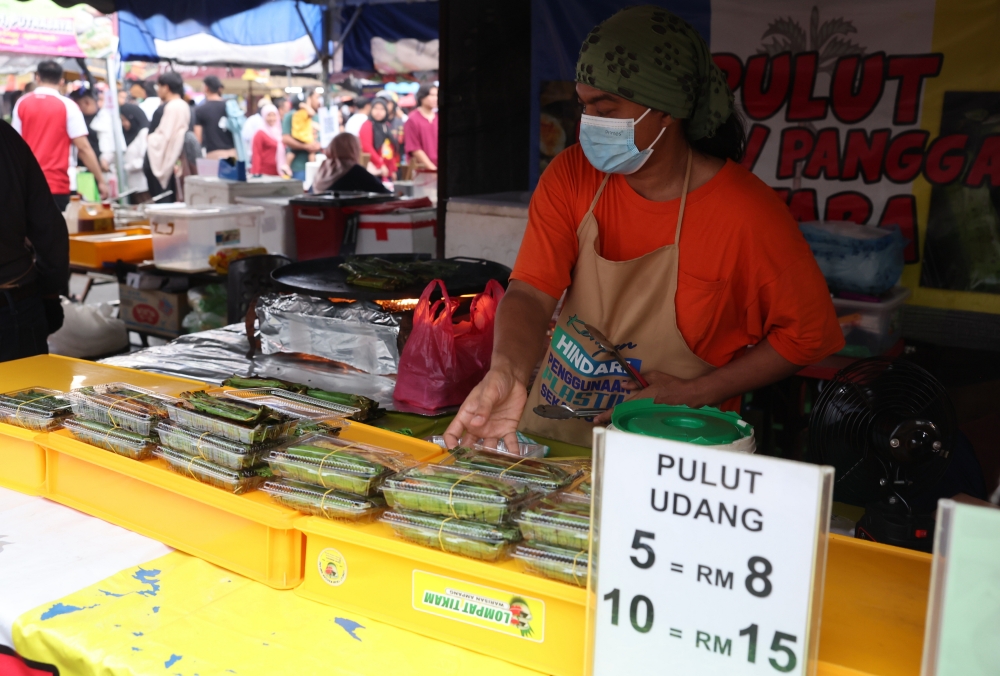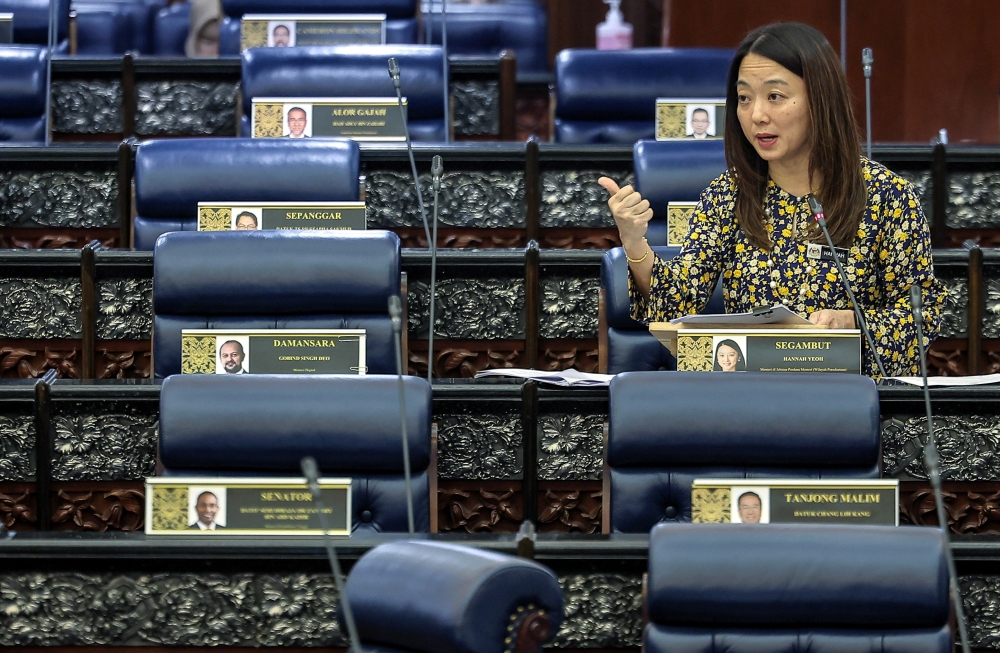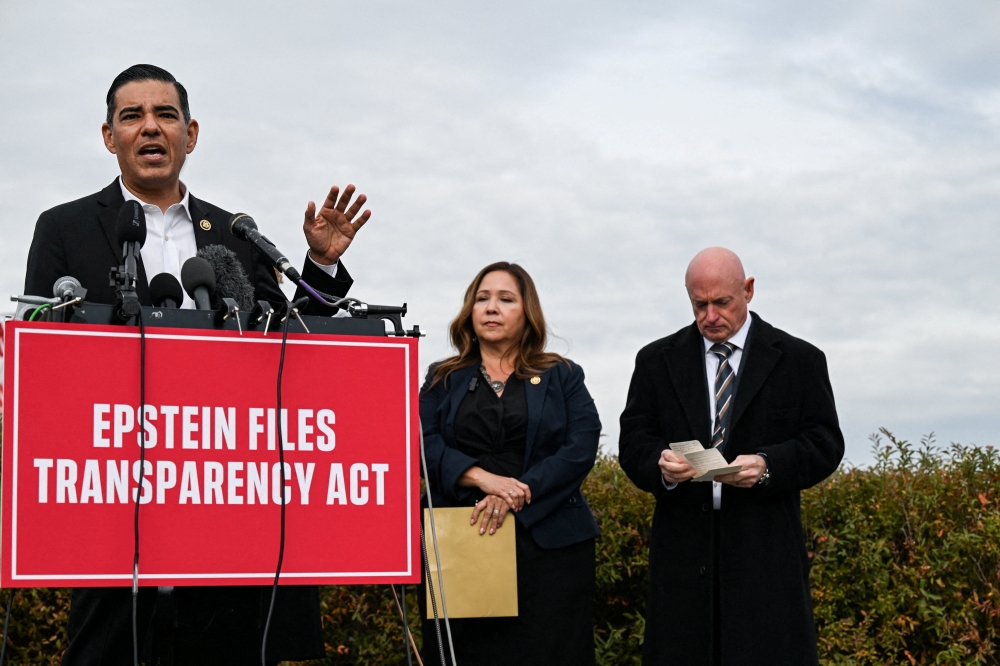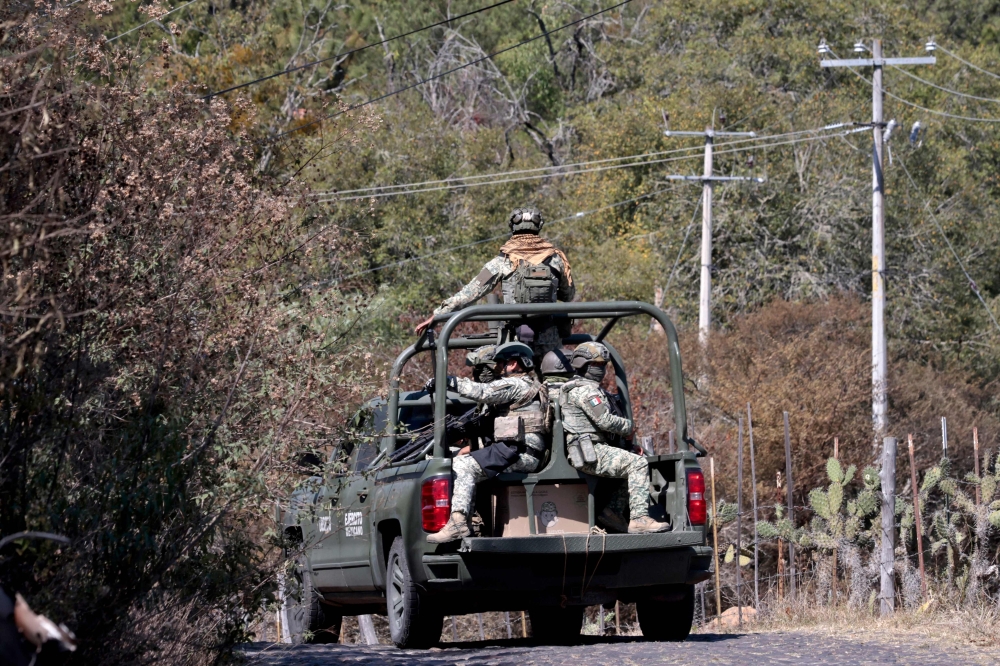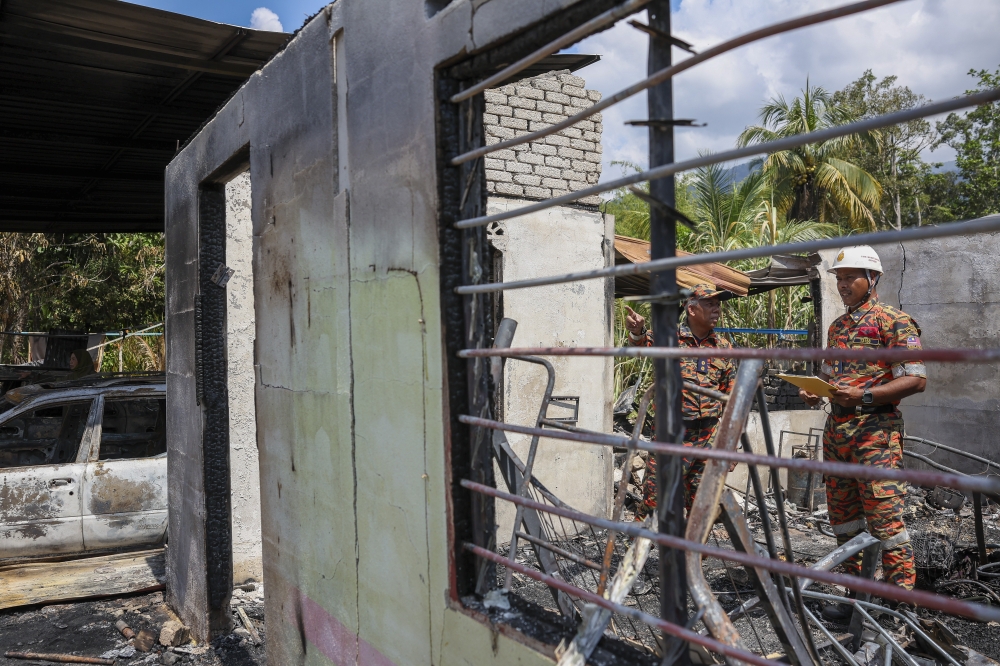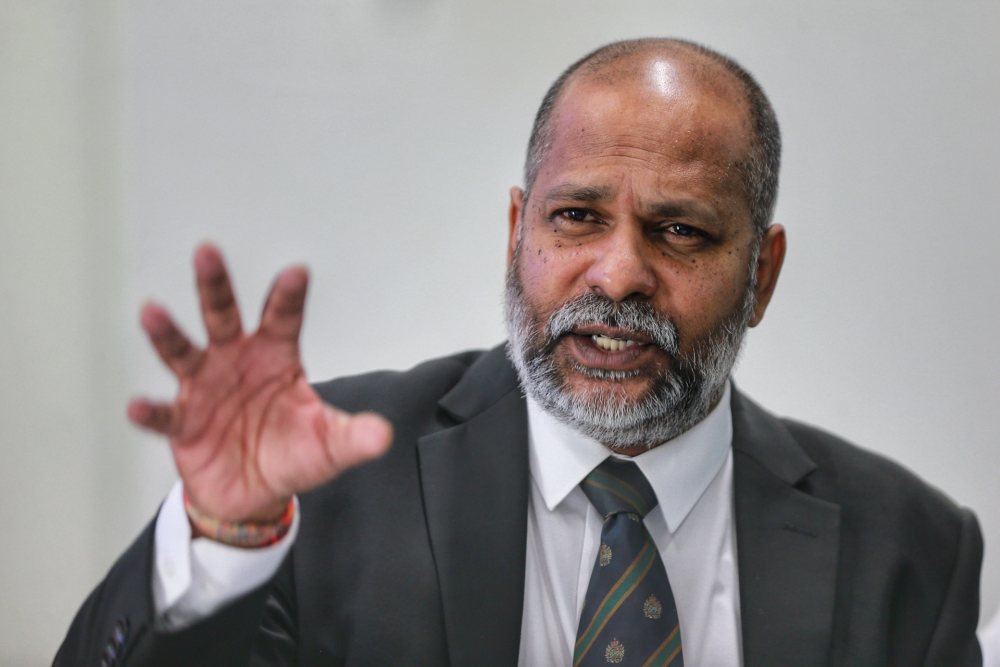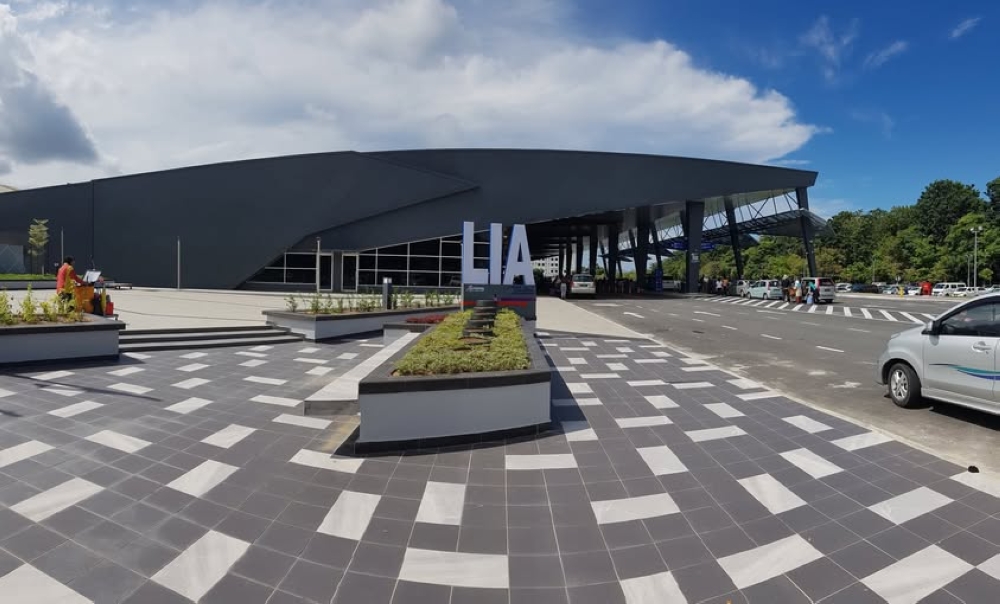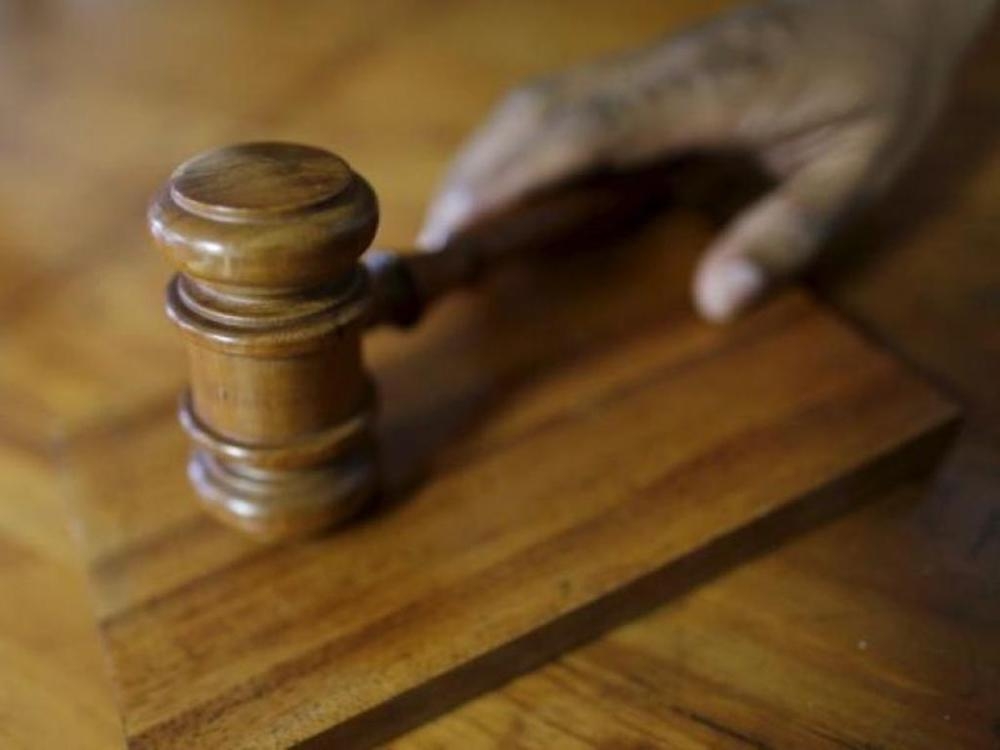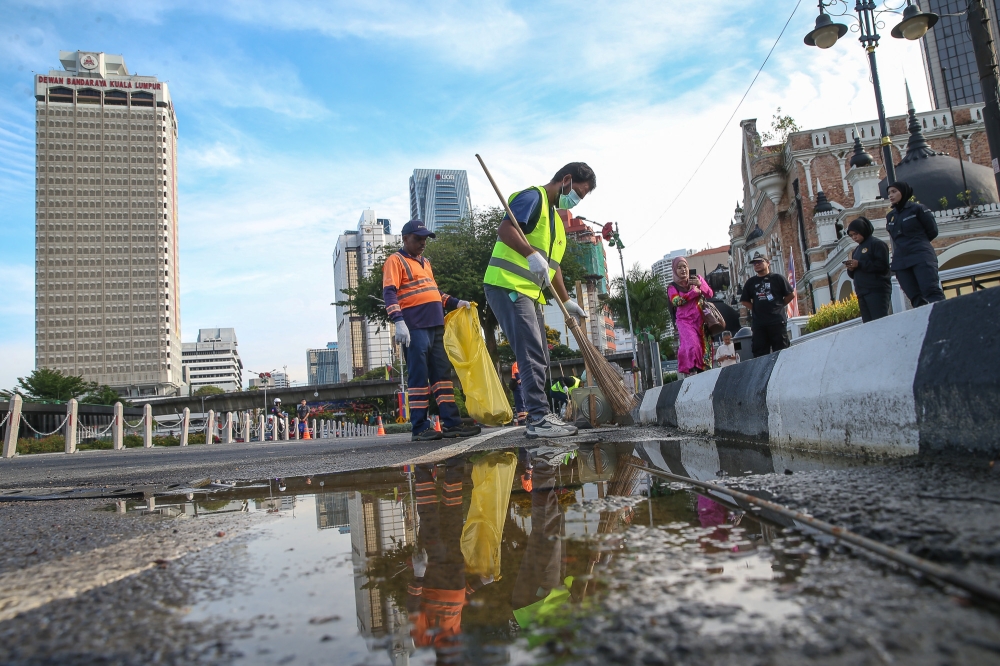KUALA LUMPUR, July 16 — Despite a police ban on its gathering to oppose custodial deaths, Eliminating Deaths and Abuse in Custody (Edict) movement said the event scheduled for this evening will go on as planned.
Lawyer M. Visvanathan who is the spokesman for Edict told Malay Mail that he had only received a letter from the Dang Wangi district police chief (OCPD), informing him that the event is not allowed to go on.
“Late evening yesterday we received the letter from the OCPD saying there is no consent from DBKL and NSC,” Visvanathan said referring to the Kuala Lumpur City Council and the National Security Council.
The programme called “Malaysia's Custodial Death Black Thursday” is co-organised by the Malaysian chapter of Amnesty International.
In a statement issued earlier Edict said that it “will honour those who died unjustly, regardless of the obstacles put in our way by PDRM and DBKL.”
Edict said police had claimed that the notice they submitted for the event in accordance with the Public Assembly Act, was incomplete because it was not accompanied by a consent notice from DBKL, who is named as the custodian of the area where the event is to take place later.
“We maintain that ‘custodian’ does not mean ‘owner.’ A DBKL official and the police advised us to approach the mayor or the Minister for the Federal Territories to get permission ― because, well, DBKL has no process to deal with such requests. The police also insist that the NSC has prohibited gatherings such as ours.
“However, when we contacted the NSC, we were told there are no such prohibitions. Notably, we were not urged to cancel our event.
“We will abide by the law and democratic processes. We will not be cowed by police who knowingly or unknowingly misinterpret the law,” the statement read, adding that the event, also known as “Black Thursday”, is an annual affair.
Edict also explained the severity of the custodial death cases, in justifying the need for the event, adding that Malaysia has no laws or directives which mandate that deaths in custody must be reported publicly and routinely.
“However, Home Ministers have been compelled to release some data in response to parliamentary questions.
“From that data, we know that the average number of deaths in custody per year is as follows: 16 persons in police lockups, 50 persons in immigration detention centres and 258 persons in prisons,” the non-governmental organisation said.
Edict said based on the said statistics, it estimates that 176 persons have died in police lockups, 550 persons have died in immigration detention centres and 2,838 persons have died in prisons since 2009.
Edict said when a person dies under the custody of the police or in a psychiatric hospital or prison, section 334 of the Criminal Procedure Code (CPC) require magistrates or judges to conduct inquests to determine whether any unlawful acts or omissions contributed to the deaths but pointed out that that there is no such provision for those who die in immigration detention centres.
“We know of cases in which the police do not complete investigations into deaths until families get High Courts to order that the law be complied with. Just two weeks ago the Selangor police even failed to report a death to the coroner.
“We know the government has been ordered to pay millions of ringgit in damages to families of the deceased. Wouldn’t this money be better spent making improvements to avoid abuse and deaths?
“Today, by the riverside, next to the Bar Council building in Kuala Lumpur, as we have done for ten years, we will do solemn things. We will remember the injustices perpetrated in our nation. We will renew our vows to end abuse and deaths in custody. We will make renewed calls for public reporting of deaths, for detection of wrongful remands, and for actions against errant officers,” Edict said.

